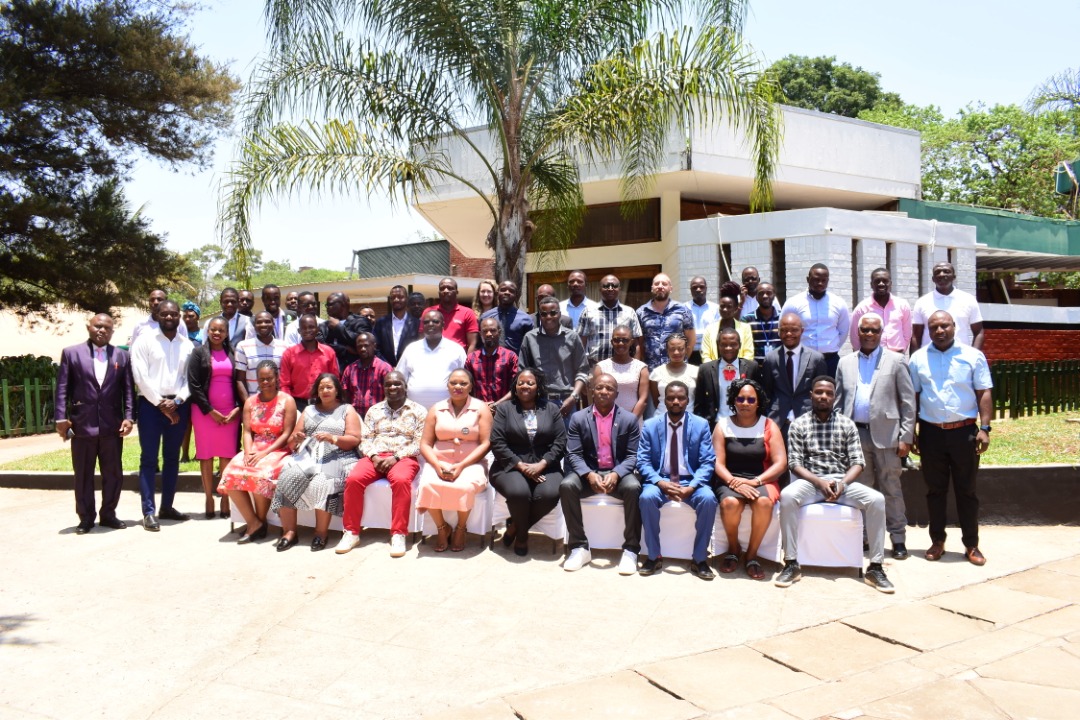 Background
Background
Malawi has been steadily advancing the development of a national policy to manage Waste Electrical and Electronic Equipment (WEEE), also known as e-waste. Following a series of multi-stakeholder consultations and technical workshops since 2020, the Government of Malawi has convened a final validation workshop to present the draft National Electrical and Electronic Equipment Waste Management Policy and collect concluding inputs from both public and private stakeholders.
Held on 27–28 October 2022 in Lilongwe, the E-Waste Policy Validation Workshop marked a critical milestone in the policy development process. The workshop was organized by the Malawi Communications Regulatory Authority (MACRA), the Environmental Affairs Department (EAD), and the National Statistical Office (NSO), with technical support from the International Telecommunication Union (ITU).
The two-day event also provided a platform to present and discuss the results of the national study on e-waste generation and flows, conducted to strengthen the evidence base for the policy. By fostering dialogue across government, industry, and technical partners, the workshop ensured national ownership of the policy and laid the groundwork for the implementation of its action plan.